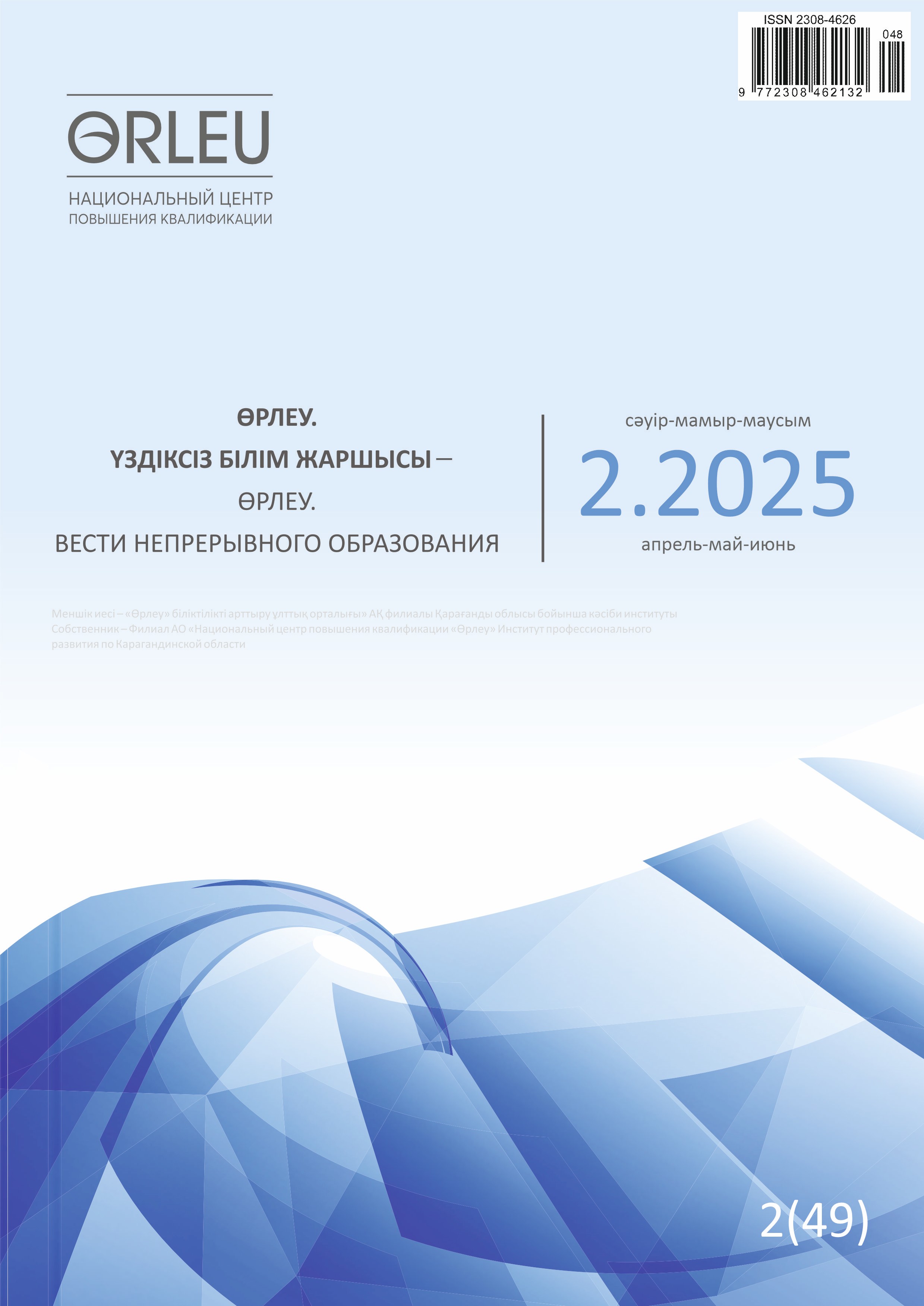Abstract
The article addresses the pressing issue of delayed speech development in preschool children. In recent years, there has been a rise in the number of children with speech development delays, caused by factors such as parental overprotection, the influence of modern technologies (gadgets), and a lack of motivation in children. Special attention is given to the impact of a child’s sensorimotor activity on speech formation: it analyzes A.R. Luria’s concept of three functional brain blocks and Williams and Shellenberger’s “Learning Pyramid,” which explains how sensorimotor processes influence a child’s cognitive development. The authors emphasize the key role of parents in correcting speech disorders, the importance of their cooperation with specialists and educators, and the need for parental education in the field of sensory and cognitive child development.
The purpose of the article is to describe the relationship between the development of the central nervous system, sensory processes, and speech activity in preschool children through the “Learning Pyramid” by Williams and Shellenberger.
The theoretical foundation of the research includes A.R. Luria’s concept of three structural-functional brain blocks, Williams and Shellenberger’s “Learning Pyramid” (1996), and studies in the diagnosis and correction of speech disorders in preschool children. The authors used theoretical methods such as the analysis and synthesis of scientific literature and the comparative analysis method.
In conclusion, the authors highlight the importance of parents’ understanding of the central nervous system's functioning and its connection with sensory processes and cognitive functions in children for building a comprehensive system of corrective work.

